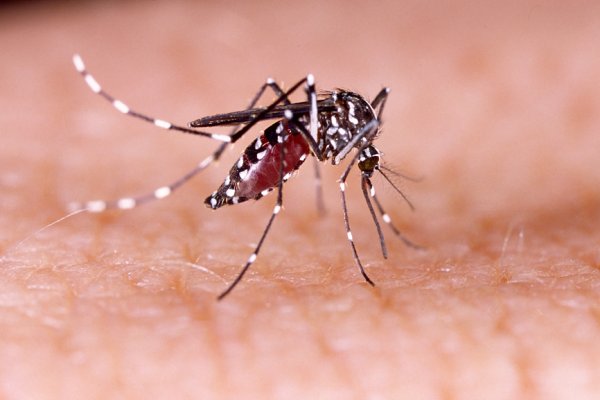Manus Bio, the biomanufacturer of natural products, has received a fourth award from the Bill & Melinda Gates Foundation to develop a scalable production route for the potential antimalarial drug, artemisinin.
The $2 million award will enable Manus Bio to begin scaling up the unique biological process it has developed towards the key chemical intermediate, dihydroartemisinic acid. Economical and scalable access to this compound will enable process simplification for large-scale, commercial manufacturing of artemisinin.
“We are grateful for the longstanding support from the Bill & Melinda Gates Foundation on developing a sustainable and low-cost manufacturing route for artemisinin,” says Dr. Christine Santos, chief technology officer at Manus Bio. “Ready access to this life-saving drug is such an important tool in the global fight against malaria. The additional funding we have received will enable us to translate a robust technology built with our BioAssemblyLineTM cell factory engineering platform into a fully scaled process.”
Malaria remains one of the world’s biggest public health issues, with rising numbers of both cases and deaths globally in the last couple years, thought to be attributable to disruption from the COVID-19 pandemic. However, it is a preventable and curable disease with sufficient access to key antimalarial medicines.
Artemisinin is an effective compound in malaria treatments. The World Health Organization (WHO) recommends artemisinin or one of its derivatives formulated in combination therapies as frontline treatments for all cases of malaria. It has traditionally been extracted from the Artemisia annua plant – or ‘sweet wormwood’. However, availability of the plant is subject to agricultural instabilities and vulnerabilities. The artemisinin precursor, dihydroartemisinic acid, can be produced using fermentation, which provides a more stable and sustainable source for making artemisinin than through agricultural extraction.
Manus Bio has already made significant progress in applying its pioneering BioAssemblyLine™ cell engineering platform to develop a fermentation-based approach for artemisinin production through the support of the foundation.
“Our aim is to complete the development process within a significantly accelerated timeframe by leveraging our experience, know-how, and track record in scaling next-generation biotechnology solutions,” adds Dr. Santos.
Following the completion of this phase, Manus Bio plans to develop commercial partnerships within the pharmaceutical sector.


